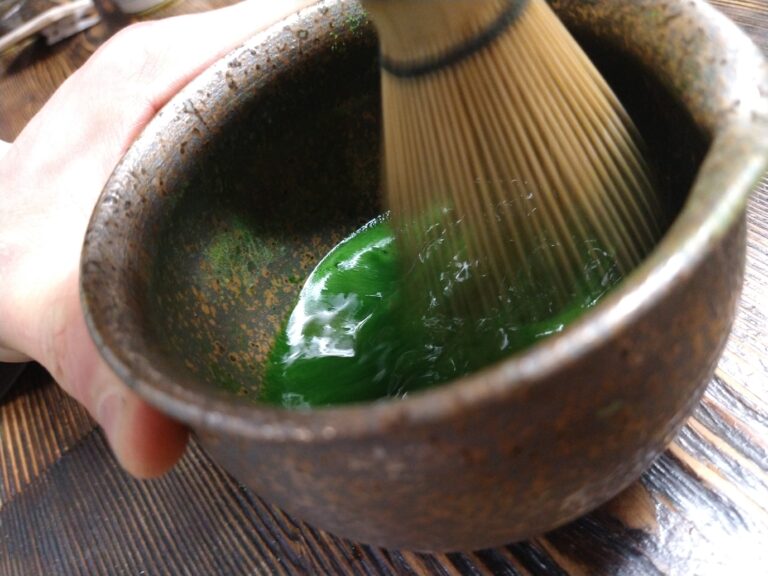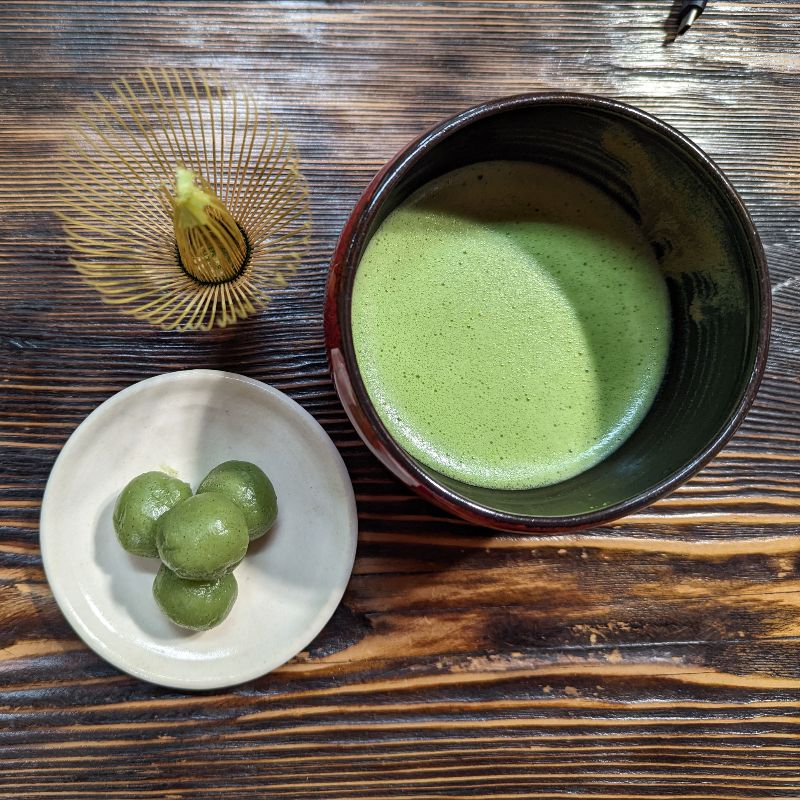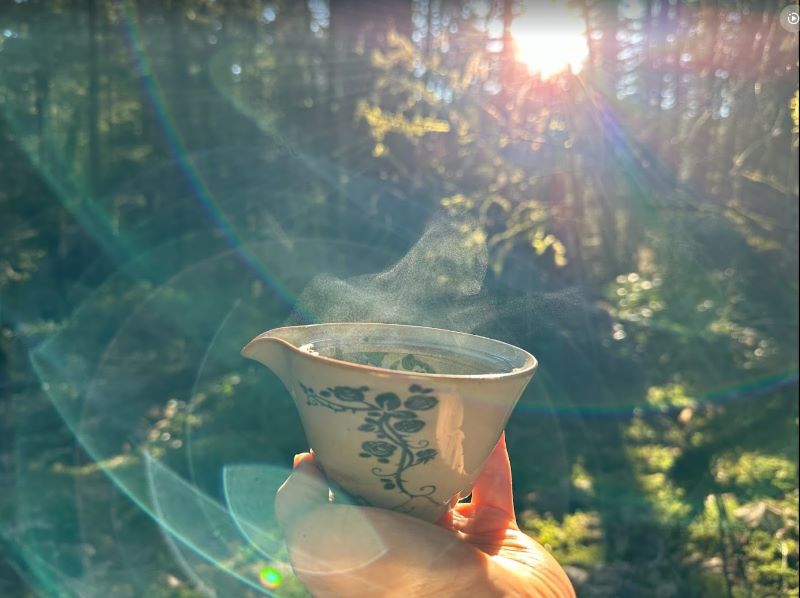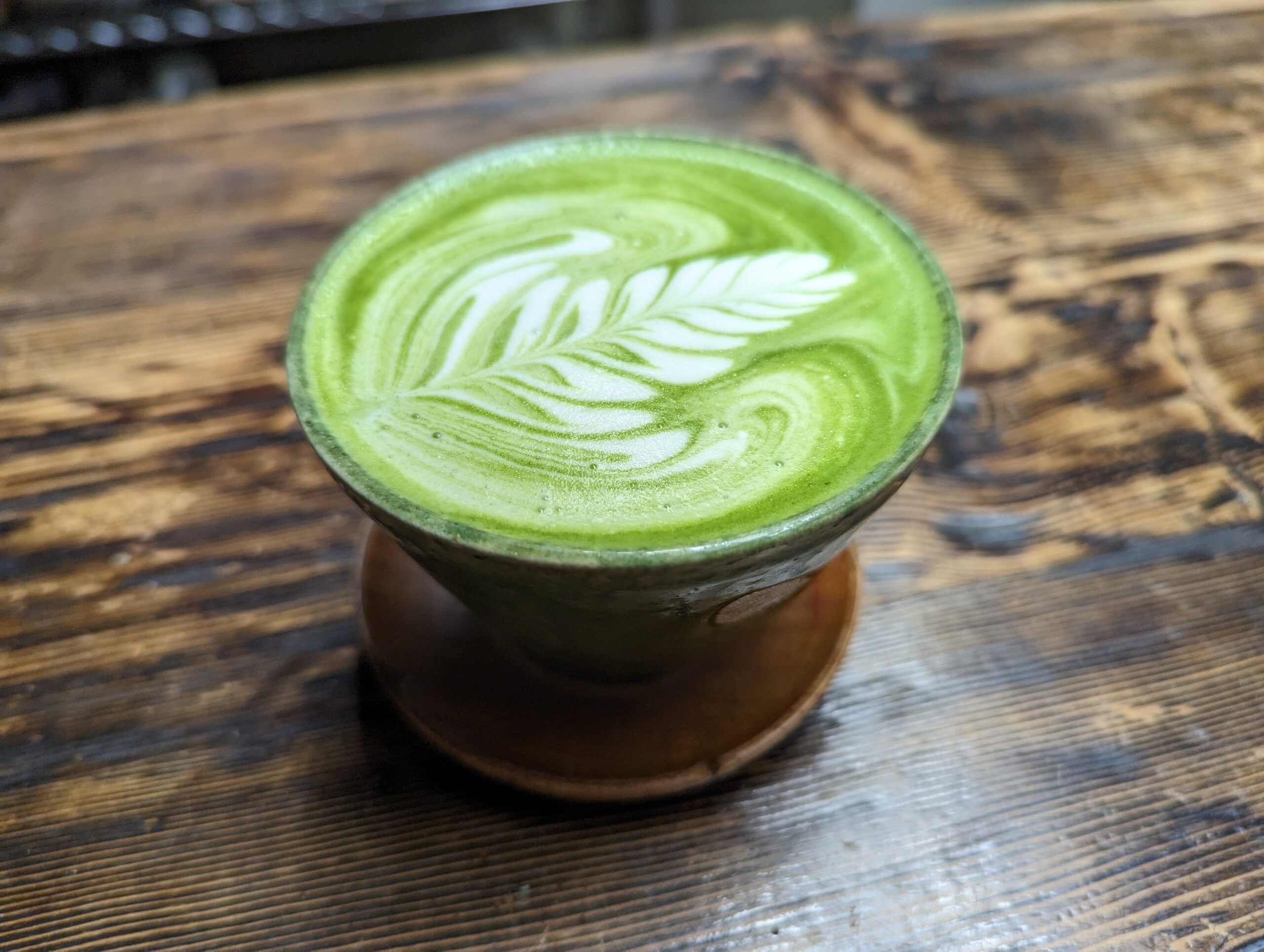
We have been getting panic calls from our farmer producers more than at any time in memory telling us how auction prices for tencha (the type of green tea required to make maccha) are increasing at levels they have never seen. We have always prided ourselves on paying more than what the JA offers farmers domestically in Japan. But with situations like recently detailed in this BBC article playing out for so many, tea shops are more desperate for product than they ever have been, and our farmer friends are concerned that things are only going to get more challenging. Procurers are literally driving the country and knocking on doors to allocate supply.
Why?
When it comes to quality leaves, there is a triple bottleneck:
1. Waning production due to the new generations moving to the cities and 20 years of price stagflation,
2. The sheer amount of time and effort it takes to grow quality tencha (flush leaves, shade grown, deveined, destemmed)
3. It takes 1 hour to stone mill 40g of maccha to less than 10 microns without burning away the umami and aromatics
This arguably caused the scarcity in the first place and then has been exacerbated by worldwide maccha consumption doubling every year for the last 5 years, according to data from the Ministry of Trade in Japan. A general lack of mills, leaf processing factories and packaging equipment has taken a problem and turned into a crisis.
And then there was the frost hitting hard this year, especially in Fukuoka, making for a 30% drop in production. In Kyoto, slower than normal growth has made for better tasting tea but lower yields.
What Are We Doing About It?
We are facing this as carefully as we can. We are hoping house milling and packing along with our close farm relationships will help us through the storm.
We have unintentionally insulated ourselves from the milling and packaging concern as we do all of this in house. We actually believe that if more producers used the mills we do (plate temp controlled “space age” units – as we call them – that taste as good or better than stone milled) it would be one way to let off some of this pressure.
We have 20 years of small farm relationships we have been carefully cultivating for years. Some farmers are being incredibly gracious by not just selling their entire harvest to JA where they could get a very nice sum of money right away. They are still letting us buy throughout the year albeit raising prices across the board. We are seeing 20% to 200% increases and are evaluating as we go so that we can keep prices somehow accessible. In and amongst this volatility are the calm of pre agreed upon field purchases (where we buy all of the production from a lot and they grow spray free for us – like the Takaki Hasegawa and Yoshiwara lots). Prices are up but not impossible.
We kept our prices stable for our 2024 supply, then staggered price increases by 12.5% in July and then 12.5% again in August 2025. We had been waiting for some certainty and finally were able to lock in prices at the end of July. One thing we knew was that the sky was the limit for our 2025 reserve maccha. We also promised ourselves that we would do everything in our power to keep our Cafe Standard at an accessible price point. At the end of the day, though prices had to go up, we were able to confirm supply, something for which we are incredibly grateful.
The Silver Lining
The silver lining in all of this is that the inexorable abandonment of farms by the next generation in Japan is seeing signs of relief. We are seeing university students and young people getting more and more involved in keeping the Japanese tea tradition alive. For the longest time they just could not afford to farm and actually have a quality of life. Things are changing in this regard for the better.
Government has been investing in factories, fields are being planted, but to reverse this decades long decline is going to take time. It has honestly been one of our main goals to be part of a movement that helps to breathe life back into the tea farming communities. So many wild trees and abandoned old tea factories in our travels have left us feeling a critical sense of urgency. So on a certain level, this is the beginning of something beautiful. Thank you for your support during the ride.
Share this article
Search the blog
JagaSilk Links
Article Categories
Subscribe to our Newsletter
Love maccha? Sign up and get 10% off your first order. You'll also receive new articles and video content!



